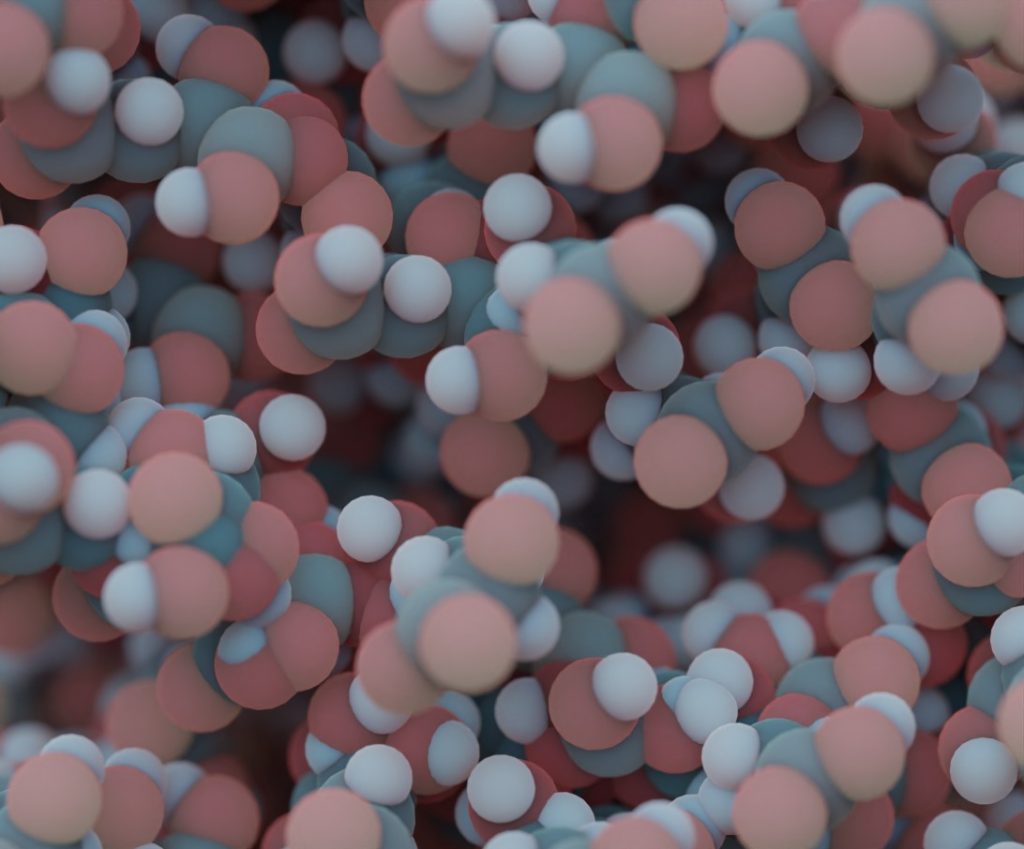Work Packages
The aim of DECADES
The choice of solvents – as reaction media and for downstream processing – defines the overall sustainability of chemical transformations. So far, (bio)catalysis has traditionally relied on either aqueous- or classical organic media, or biphasic systems thereof. Selection of solvents has usually implied a case-by-case assessment for every system and step (reaction or purification), leading to several scientific and technological challenges untouched or unsolved. In this respect, Deep Eutectic Solvents (DESs) have been coined as ‘the solvents of the 21st century’. In a nutshell, DESs’ assets are based on the often biogenic origin of the components, and their properties such as melting points below room temperature, low volatility, high thermal stability, tuneable properties depending on their components, biodegradability, large availability at acceptable costs, and straightforward preparation.

Work Package 1
The first approach of DECADES, to be developed by WP1, explores biocatalysts and aims at the study, redesign, and preparation of biocatalysts active in the presence of DESs with improved biochemical characteristics i.e., activity, stability, and kinetic parameters. WP1 will cover:
i) Analysis of the kinetic properties and stability determinants of flavoenzyme in several DESs at different concentrations (PhD1).
ii) Design of powerful high-throughput assays for the stability of enzymes (PhD2) and whole-cell biocatalysts (PhD3) against non-conventional solvents.
iii) Use of these assays to identify flavoprotein oxidases (PhD2) and hydratases (PhD4) and develop a computational tool to predict mutations leading to improved solvent tolerance.
iv) Use cutting-edge CRISPRi technology for the identification of whole-cell biocatalysts with improved solvent tolerance (PhD3).

Work Package 2
The novel biocatalysts generated in WP1 will be employed in WP2 in multicatalytic cascade reactions as well as in the preparation of different bio-based polymer precursors and other valuable compounds. Research and training in WP2 target the solvent dimension (Objectives 1, 2 and 4) and will be devoted to the development and characterisation of novel DESs exploring the use of novel DES components. The use of an individual DES component as a catalytic partner will open a new process window towards development of ‘neat substrate conditions’ since the reaction medium acts also as a substrate. WP2 will also focus on the development of DESs able to be employed as chemocatalysts in different chemical transformations. Thus, WP2 will rely on the following aspects:
i) Synthesis and characterisation of novel DESs with two different purposes (PhD5): As reaction media for carrying out biocatalysed redox reactions; and as catalysts and solvents in carbon-carbon bond formations and oxidations.
ii) Evaluation of different DES components as substrate and reaction media for reaction cascades employing alcohol dehydrogenases (PhD6) and levansucrase (PhD7).

Work Package 3
Research and training in WP3 (Objectives 1-4) will focus on the proof-of-concept of successful up-scale and covers process engineering, up-scaling and downstreaming of DES-driven and DES-involved (bio)catalytic reactions. The knowledge gained from the concepts for designing biocatalysts with improved properties in presence of DESs (WP1) and the development of novel DESs able to be used as solvents, chemocatalysts and (co)substrates (WP2) will be integrated in WP3 for process optimisation, technical implementation, and integrated downstream processing (Figure 3). WP3 will research how catalyst activity-stability, substrate solubilities, reaction chemistry, reactor engineering, DES physical-chemical properties are integrated to achieve effective productivity and sustainable metrics under selected demanding use cases. WP3 will cover:
i) Application of DESs in sustainable extractions from biomass and its enzymatic transformations (PhD8).
ii) Development of immobilised biocatalysts and engineering the reaction media to perform these reactions in DES containing mixtures (PhD9).
iii) Application of DESs for synthesis of valuable fine chemicals under continuous conditions (PhD10).